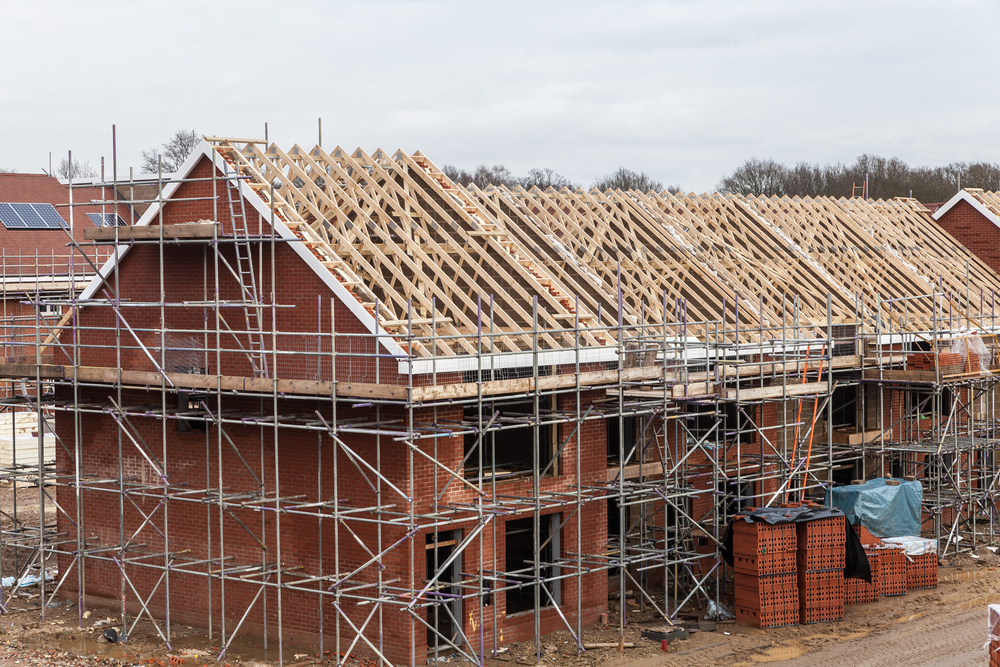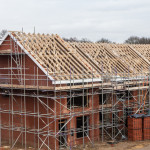News - Construction News
PMI data hits 24-year high

Construction continued its rapid climb into growth during June, with the latest PMI ® data recording the fastest pace since June 1997.
A sharp rise in new orders plus recoveries in house building and commercial sees the seasonally adjusted IHS Markit/CIPS UK Construction PMI® Total Activity Index register at 66.3 in June, up from 64.2 in May.
The growth in work has been supported by increases across all three main areas of construction activity.
Construction work in the house building sub-category (PMI at 68.2) increased at the fastest pace since November 2003. The second-best performing area was commercial work (PMI 66.9), with output rising at the strongest rate since March 1998. Meanwhile, civil engineering activity rose sharply in June (PMI 60.7), but the speed of growth eased to a three-month low.
Survey respondents widely commented on a rapid turnaround in demand for new construction work, especially residential building and commercial projects related to the reopening of the UK economy.
However, on the flip side, this rapid rise is tempered by suppliers’ delivery times lengthening to the greatest extent since the survey began just over 24 years ago, and surpassing the previous record seen in April 2020. Severe shortages of construction products and materials resulted in a survey record rise in purchasing prices in June.
Around 77% of the survey panel reported longer lead times among suppliers in June.
Construction companies overwhelmingly cited stock shortages among vendors, reflecting severe delays with shipping and haulage, especially for products sourced from the EU. In terms of building materials, panel members commented on short supply across the board, particularly cement, concrete, plaster, steel, timber and roof tiles.
Respondents indicate strong optimism in growth prospects for the next 12 months. That said, the degree of confidence eased to its lowest since January, in part reflecting concerns about labour availability and the sustainability of the recent surge in demand.
Tim Moore, Economics Director at IHS Markit, which compiles the survey, noted: “June data signalled another rapid increase in UK construction output as housing, commercial and civil engineering activity all expanded at a brisk pace. The headline index signalled the fastest rise in business activity across the construction sector for 24 years. Total new orders expanded at one of the strongest rates since the summer of 2007, mostly reflecting robust demand for residential projects and a boost to commercial work from the reopening UK economy.
“Supply chains once again struggled to keep up with demand for construction products and materials, with lead times lengthening to the greatest extent since the survey began in April 1997. Survey respondents widely reported delays due to low stocks of building materials, shortages of transport capacity and long wait times for items sourced from abroad.”
Duncan Brock, Group Director at the Chartered Institute of Procurement & Supply, said: “A wave of new orders overwhelmed supply chains again this month where stock levels could not keep up with building work accelerating at the fastest rate since June 1997.
“The meagre availability of raw materials placed obstacles in the path of stronger workflows where supplier delivery times extended into record-breaking territory once again and surpassed the height of disruption when the pandemic first hit.
“A lack of delivery drivers and logistics difficulties for EU imports left stock undelivered or unavailable and construction companies waited while costs mounted. Construction’s heavy load remains inflation rising to its highest rate since April 1997 as a staggering 86% of respondents reported paying more for their goods in June.”
Gareth Belsham, director of the national property consultancy and surveyors Naismiths, commented: “A double-whammy of post-Brexit trade friction and the pandemic’s legacy means the industry is suffering severe shortages of key materials including cement, concrete, plaster, steel, timber and roof tiles.
“The industry is riding high on a wave of demand and confidence, but there’s a danger that wave could soon break on the rocks of material shortages.
“Materials suppliers are desperately trying to respond by ramping up production, but as the industry accelerates into a full-on boom, the road ahead is likely to be beset with supply-side speed bumps.”
If you would like to read more stories like this, then please click here
Related Articles
More News
- New £39Bn Social and Affordable Homes Programme
14 Jul 25
Hundreds of thousands of social and affordable homes, including 60% for social rent.
- UK Introduces New Trade Measures to Support Steel Sector
11 Jul 25
Steel producers across the UK will benefit from stronger trade measures from 1 July.
- Clean energy future to be ‘built in Britain’
10 Jul 25
The Clean Energy Industries Sector Plan comes into force to ‘build it in Britain’.






